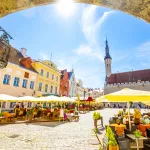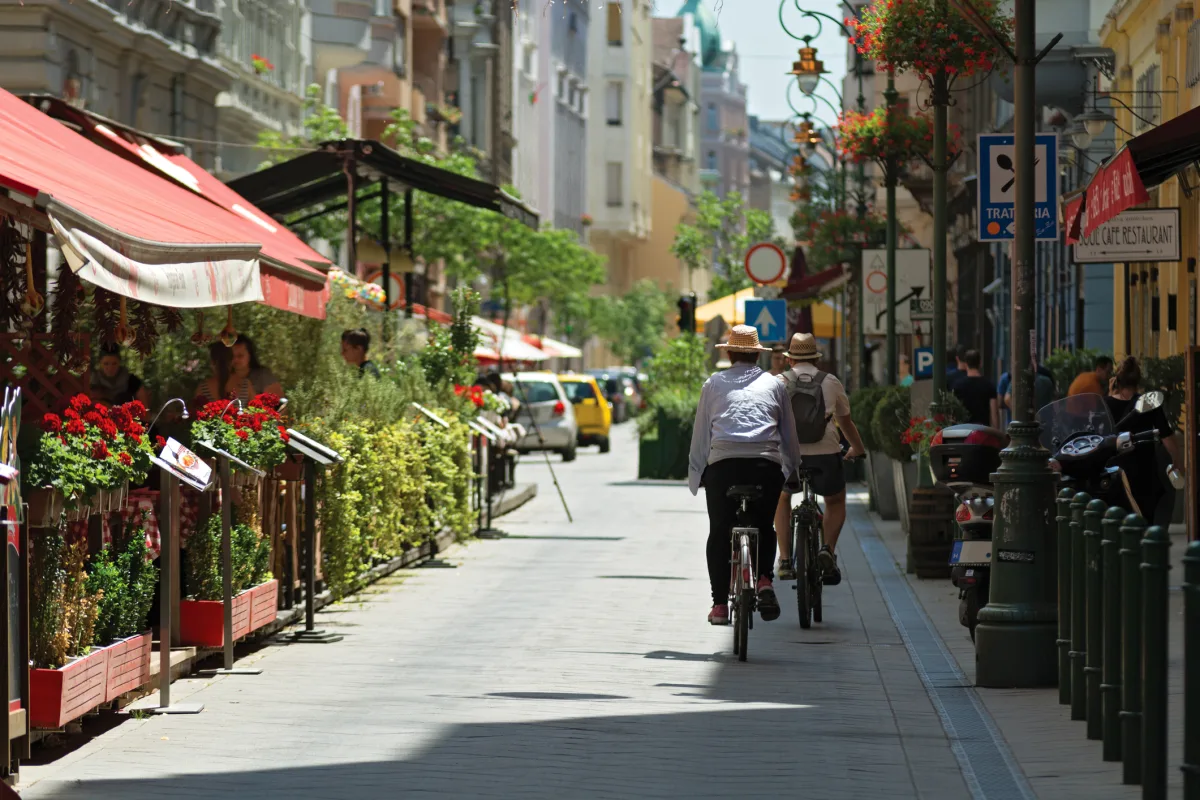Viktor Orbán has spent the better part of two decades positioning himself as Europe’s canniest strongman. The Hungarian prime minister has outlasted Angela Merkel, Emmanuel Macron’s predecessors, and a parade of Brussels bureaucrats whilst constructing what he calls an ‘illiberal democracy’. Yet for all his bluster about sovereignty and civilisational struggle, Orbán now confronts a most prosaic threat: Hungary’s economy is in tatters, growth stalled in 2024, with the country tumbling into a technical recession.
The timing could hardly be worse. Parliamentary elections loom in 2026, and for the first time since Fidesz returned to power in 2010, a credible challenger has emerged in the form of Péter Magyar, whose Tisza party now leads in the polls. Orbán’s economic chickens, it seems, have finally come home to roost.
The price of Putin’s friendship
Hungary is the only nation in the European Union and NATO where Russian fossil fuel and nuclear energy support the operations of Chinese battery factories, which, in turn, supply products used in German luxury cars. This Rube Goldberg contraption of economic dependency perfectly encapsulates the strategic muddle that Orbán calls foreign policy.
His stubborn defence of Russian energy ties has repeatedly put him at odds with EU sanctions, forcing Brussels into elaborate diplomatic contortions to maintain unity. When Ukraine terminated its gas transit agreement with Russia in January, Orbán’s government panicked, demanding EU guarantees on energy security before agreeing to renew sanctions.
Such dependency would be embarrassing for any European leader; for one who styles himself a champion of sovereignty, it borders on the farcical.
The economic costs have been severe. Orbán promotes the false thesis that financial problems are solely due to EU sanctions, ignoring the impact of the pandemic and Russia’s deliberate manipulation of gas prices. Yet Hungary endured the worst inflationary surge in the European Union following Russia’s invasion of Ukraine, with price rises peaking at over 25 per cent in early 2023.
The populist’s dilemma
Orbán’s domestic strategy has been to shower voters with largesse whilst blaming external forces for the inevitable fiscal hangover. Hungary spends an unaffordable 6.2 per cent of GDP on family support measures—’outstanding in an international comparison’, as the government boasts. These include subsidised mortgages for families with three children, subsidies for large families purchasing seven-seater cars, and lifetime personal income tax exemptions for mothers with three or more children.
Such profligacy would barely be sustainable in boom times. But Hungary’s budget deficit remains elevated at 4.6-4.9 per cent of GDP, whilst the debt-to-GDP ratio is projected to reach 74 per cent this year. The European Union has already triggered its excessive deficit procedure, a bureaucratic way of saying Budapest has spent far beyond its means.
The irony is exquisite. A leader who rails against Brussels’ fiscal rectitude has created the very conditions that invite EU intervention. Around 17.9 billion euros in EU funds remain frozen—9.5 billion euros in Covid-19 recovery funding and 8.4 billion euros in cohesion funds—creating a vicious cycle where Hungary’s isolation breeds the economic distress that fuels further populist rhetoric. Adding insult to injury, one billion euros of the frozen funds permanently expired at the end of 2024, money that can never be recovered.
Crony capitalism as economic policy
Perhaps most damaging has been the systematic degradation of Hungarian institutions. Hungary ranked as the EU’s most corrupt country in 2024 according to the Corruption Perceptions Index, with corruption reportedly adding 20-25 per cent to public procurement costs. This is ‘Orbanomics’ in action: an economy characterised by crony capitalism, where loyalty to the government and reliance on a small set of favoured businesspeople are often the deciding factors.
There are grumblings from small businesses, less than pleased at the way Orbán’s government has prioritised foreign direct investment from significant global corporations.
Whilst BMW and BYD factories may provide photo opportunities, they do little for Hungary’s indigenous entrepreneurial class, which finds itself crowded out by a system that rewards political connections over commercial merit.
The Magyar insurgency
Into this economic malaise has stepped Péter Magyar, a former Fidesz insider whose defection reads like something from a political thriller. The estranged husband of former Justice Minister Judit Varga, Magyar has turned whistleblower, revealing what he alleges is rampant corruption at the heart of the Hungarian government. In the European Parliament elections last year, his Tisza party secured 30 per cent of the vote, becoming the most potent opposition force since Fidesz’s return to power.
Magyar’s rise reflects something more profound than mere political opportunism. Low salaries were the most pressing issue for Hungarians in 2024, with only four per cent of respondents saying their financial situation had improved.
After years of culture-war distractions, Hungarian voters appear to be rediscovering their interest in mundane matters like purchasing power and economic competence.
A cautionary tale
Orbán’s travails should serve as a warning to populist leaders elsewhere. Authoritarian theatrics and civilisational rhetoric can carry a politician far, but they cannot indefinitely substitute for economic performance. The prime minister predicted that, “2025 will be the best year ever,” pledging economic growth of three-six per cent. Given growth for 2025 is forecast at around 0.8 per cent, this is a promise so rosy even some of his own advisers doubt it.
The Hungarian experiment in ‘illiberal democracy’ was always a contradiction in terms. What Orbán has actually constructed is an illiberal economy—one where political loyalty trumps market efficiency, where international isolation breeds domestic stagnation, and where short-term populist fixes create long-term structural problems.
As Hungary finds itself ‘no longer a full democracy‘ according to EU assessments and ranking 54th in the Economist Democracy Index, behind Mongolia and the Dominican Republic, the country faces a choice between doubling down on decline or embracing the boring virtues of democratic capitalism.
Other would-be strongmen would be wise to study Budapest’s reckoning. Economic gravity, it turns out, applies even to those who claim to have transcended liberal democratic norms. Orbán may have perfected the art of political theatre, but he has arguably never mastered the more prosaic challenge of actually governing. That oversight may yet prove his undoing.
Photo: Dreamstime.







